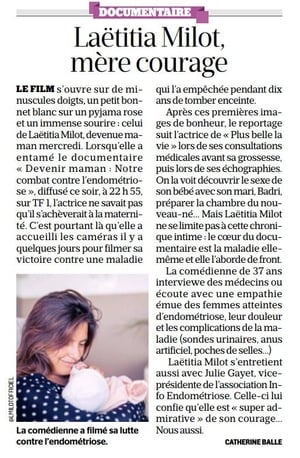
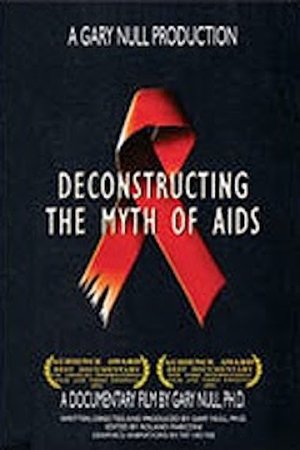
Deconstructing the Myth of Aids(2003)
This informative and shocking two-hour documentary reveals over fifteen years of research from the world's leading AIDS scientists and researchers who unveil the truth behind the controversy surrounding HIV. Through this discovery process information is uncovered about the lack of "real" science behind what is accepted as official science. We are given the opportunity to witness and view respected authorities who come forward to challenge many of the uncertainties and "truths" about AIDS. This documentary will challenge those who claim to have discovered the cause of AIDS and who then sold to the world a highly inconsistent test as the absolute indicator of a fatal disease. A timeline through AIDS history presents inaccurate statements, questionable scientific evidence, and no real answers from the billions of global dollars spent on research.
Movie: Deconstructing the Myth of Aids

Deconstructing the Myth of Aids
HomePage
Overview
This informative and shocking two-hour documentary reveals over fifteen years of research from the world's leading AIDS scientists and researchers who unveil the truth behind the controversy surrounding HIV. Through this discovery process information is uncovered about the lack of "real" science behind what is accepted as official science. We are given the opportunity to witness and view respected authorities who come forward to challenge many of the uncertainties and "truths" about AIDS. This documentary will challenge those who claim to have discovered the cause of AIDS and who then sold to the world a highly inconsistent test as the absolute indicator of a fatal disease. A timeline through AIDS history presents inaccurate statements, questionable scientific evidence, and no real answers from the billions of global dollars spent on research.
Release Date
2003-01-01
Average
0
Rating:
0.0 startsTagline
Genres
Languages:
EnglishKeywords
Similar Movies
 7.0
7.0Unrest(en)
When Harvard PhD student Jennifer Brea is struck down at 28 by a fever that leaves her bedridden, doctors tell her it’s "all in her head." Determined to live, she sets out on a virtual journey to document her story—and four other families' stories—fighting a disease medicine forgot.
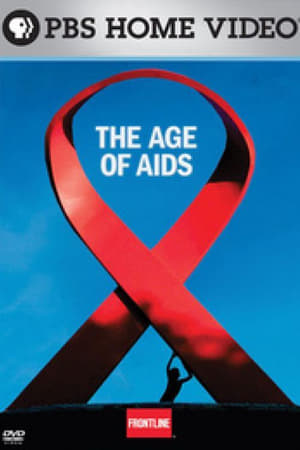 10.0
10.0Frontline: The Age of AIDS(en)
After a quarter-century of political denial and social stigma, of stunning scientific breakthroughs, bitter policy battles and inadequate prevention campaigns, HIV/AIDS continues to spread rapidly throughout much of the world. Through interviews with AIDS researchers, world leaders, activists, and patients, FRONTLINE investigates the science, politics, and human cost of this fateful disease and asks: What are the lessons of the past, and what can be done to stop AIDS?
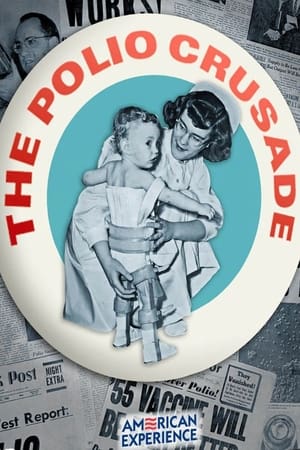 0.0
0.0The Polio Crusade(en)
The film interweaves the personal accounts of polio survivors with the story of an ardent crusader who tirelessly fought on their behalf while scientists raced to eradicate this dreaded disease. Based in part on the Pulitzer Prize-winning book Polio: An American Story by David Oshinsky, Features interviews with historians, scientists, polio survivors, and the only surviving scientist from the core research team that developed the Salk vaccine, Julius Youngner.
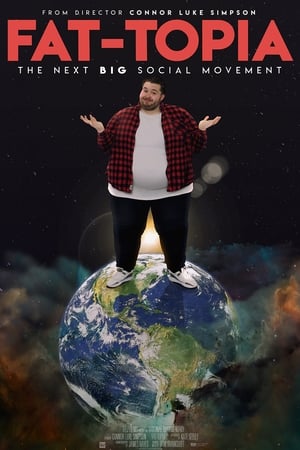 6.0
6.0Fat-Topia(en)
In an era of activism, filmmaker Connor Luke Simpson enters the world of Fat Acceptance, a provocative social movement that is seeking to change the negative perception of obesity. Is everything we know about obesity wrong, or, will this movement just become a footnote in the history books?
The Quiet Zone(en)
For those who electrical sensitivity, there aren’t many places to seek refuge. In a remote part of West Virginia, the so-called National Radio Quiet Zone offers one such escape.
 6.7
6.7Super Size Me(en)
Morgan Spurlock subjects himself to a diet based only on McDonald's fast food three times a day for thirty days without exercising to try to prove why so many Americans are fat or obese. He submits himself to a complete check-up by three doctors, comparing his weight along the way, resulting in a scary conclusion.
 0.0
0.0River of Gold(en)
Narrated by Academy Award winners Sissy Spacek and Herbie Hancock, River of Gold is the disturbing account of a clandestine journey into Peru's Amazon rainforest to uncover the savage unraveling of pristine jungle. What will be the fate of this critical region of priceless biodiversity as these extraordinarily beautiful forests are turned into a hellish wasteland?
 5.0
5.0The Way Home(ar)
When filmmaker Wael Kadlo picks up his mother from the airport in Beirut, it seems like a rather warm family visit. But Kadlo, who was born in Damascus in 1980, has some questions he needs to ask her.
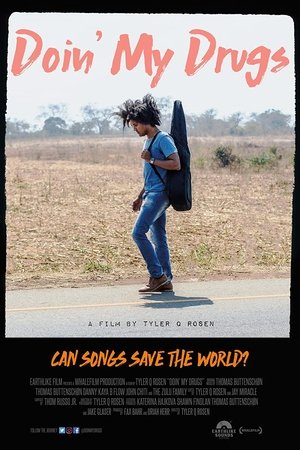 0.0
0.0Doin' My Drugs(en)
The story of musician Thomas Muchimba Buttenschøn - born HIV+ in 1985 - and his crusade to use his music to wipe out AIDS in his native Zambia and beyond.
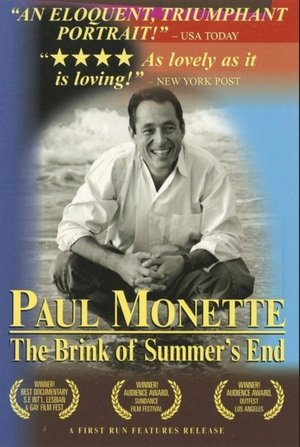 1.0
1.0Paul Monette: The Brink of Summer's End(en)
Narrated by Linda Hunt, this documentary examines the life of the late author and gay rights activist Paul Monette. Born in 1945 to a well-off Massachusetts family, Monette grows up unable to accept his homosexuality, for years hiding it from his loved ones while struggling to develop as a writer. In 1978, Monette publishes his first novel, which allows him to come out to his parents. After losing one lover to AIDS in 1986, he becomes a ferocious advocate for awareness of the disease.
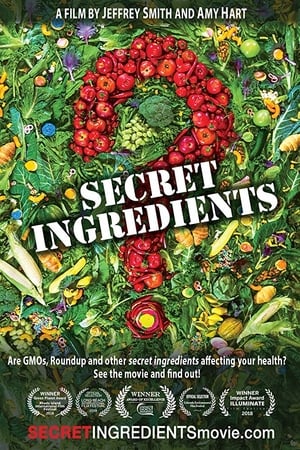 0.0
0.0Secret Ingredients(en)
While the debate continues about GMOs, Roundup and other toxic pesticides, this powerful film shares remarkable stories of people who regain their health after discovering the secret ingredients in their food and making a bold commitment to avoid them.
 7.4
7.4Cheap Food(fr)
Industrial food production has provided the public with an abundance of food at very low prices. But with obesity and diabetes at record levels in Europe, there is clearly a problem with the food we eat. This documentary puts the spotlight on the agri-food industry and reveals how low-cost ultra-processed foods are really made.
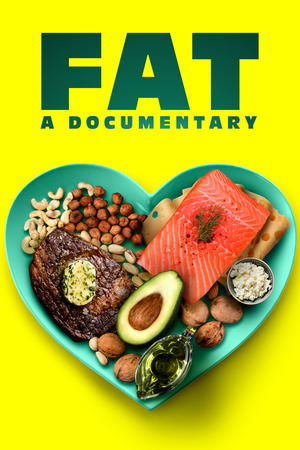 6.2
6.2FAT: A Documentary(en)
Weight loss expert Vinnie Tortorich and award-winning filmmaker Peter Pardini want you to join their team to make a hard-hitting documentary film that exposes the widespread myths and lies around healthy eating, fat and weight loss and shows how, in spite of all our good intentions, we go on getting fatter and fatter.
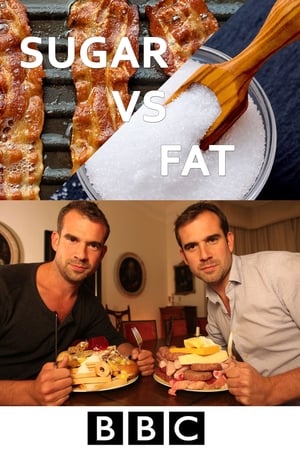 6.0
6.0Sugar vs Fat: Which is Worse?(en)
It is one of the hottest questions in nutrition, and probably filling your Facebook feed full of articles telling you what you should be eating. It’s a constant stream of differing opinions telling us we should be eating carbs and low fat, while others advise us we shouldn’t be eating any carbohydrates, it’s fat and protein you should be consuming. If only we were all robots. In this documentary, twin doctors Chris and Alexander Van Tulleken set out on a month-long experiment to see which diet really works, the high fat or the high sugar diet. But what they discover is both shocking and surprising, and what they find out about this on-going debate is that real enemy is in plain sight.
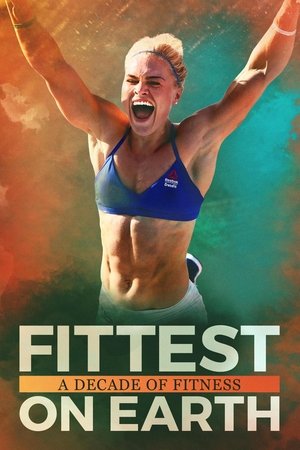 6.8
6.8Fittest on Earth: A Decade of Fitness(en)
The 2016 Reebok CrossFit Games were a grueling five-day, 15-event test to find the fittest man and woman on Earth. "Fittest on Earth: A Decade of Fitness" follows the dramatic story of the top athletes who qualified and competed and offers an inside look at what it takes to be among the world's elite athletes, both in training and on the competition floor. The CrossFit Games challenge competitors to perform intense physical tasks, but the hardest part is sometimes mental. Athletes often learn the details of the events only minutes before they begin, and everyone handles the pressure differently. Which of these fierce competitors will rise to the top and earn the title of Fittest on Earth?
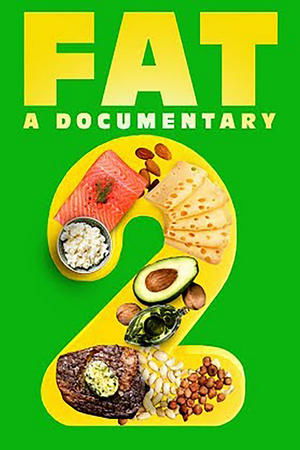 6.6
6.6FAT: A Documentary 2(en)
FAT: A Documentary 2 is the sequel to the international sensation that delves deeper into the lies and myths surrounding the age old question: "What should I be eating?"
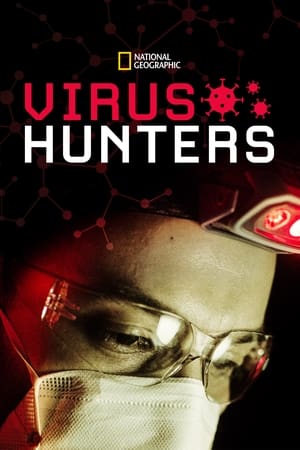 6.5
6.5Virus Hunters(en)
At the height of the COVID-19 crisis, National Geographic Explorer, Chris Golden, and ABC News foreign correspondent, James Longman, embark on an epic worldwide journey to figure out how to stop the next pandemic, before it’s too late.
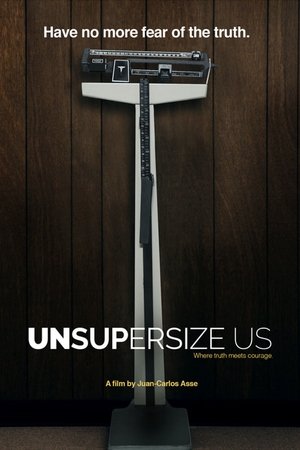 0.0
0.0Unsupersize Us(en)
Unsupersize Us is the follow up to the award-winning film Unsupersize Me. Director Juan-Carlos Asse takes five subjects from his hometown that all suffer from common health issues and puts them on regimen of a plant based diet and exercise for six weeks. The results are impressive as the five people quickly turn their health around in the six-week period. Asse tests the 5 subjects with many exciting physical challenges throughout the film. The film showcases cooking skills, healthy shopping, eating healthy on the road, and mental fortitude. An interesting twist occurs when Asse reveals his own trials and tribulations including a seven-year federal prison sentence... leading him to true freedom.
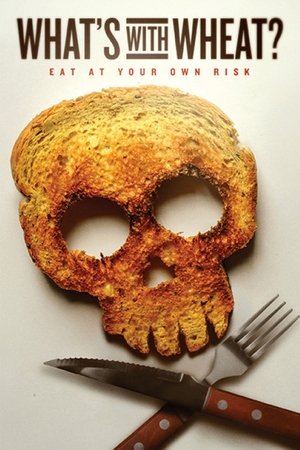 7.0
7.0What's With Wheat?(en)
Why are so many people wheat-intolerant or sensitive to wheat? And why is wheat linked to so many modern-day health problems, when it has been a staple of the human diet for thousands of years? In this documentary, a nutritionist interviews 14 experts, to understand how wheat has changed since it was first cultivated, how these changes could be affecting human health, and how people can break a dietary cycle that could be making them sick.
